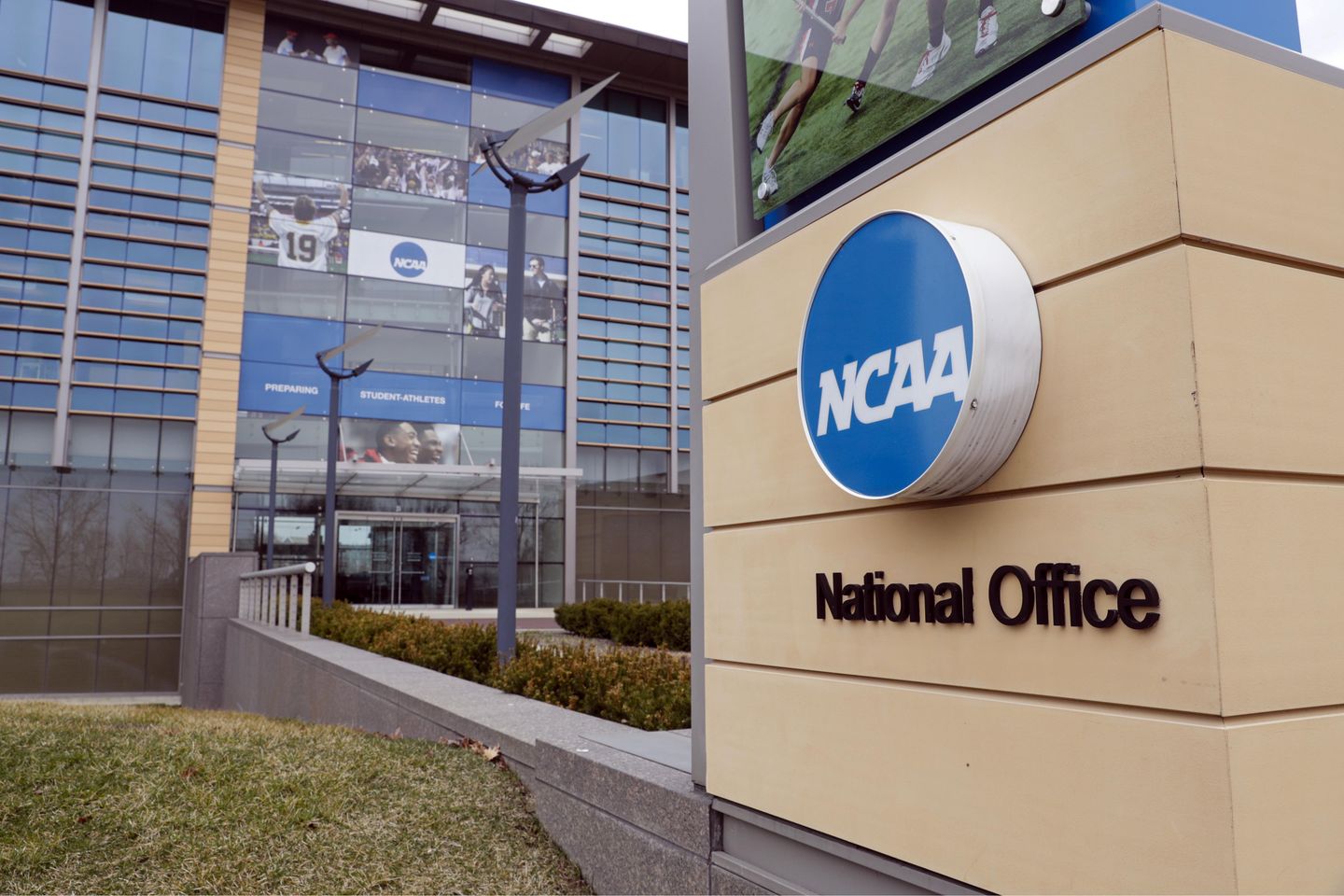
Don’t miss the full story from our staff writers, whose reportage is the basis of this article.
President Trump is considering an executive order aimed at regulating college sports in response to what he views as chaos created by uncontrolled name, image, and likeness (NIL) deals for student-athletes. Since a 2021 Supreme Court ruling opened the door for college athletes to profit from endorsements, the landscape has operated with minimal federal oversight, leading to multi-million dollar deals for top athletes while creating significant disparities between programs.
The proposed executive order would take a three-pronged approach to address these issues. First, it would grant NCAA leadership and other organizing bodies exemptions from antitrust laws. Second, it would bar “unqualified and unscrupulous agents” from representing student-athletes. Third, it would establish federal uniformity for NIL laws across all states, replacing the current patchwork of individual state regulations.
The draft order characterizes recent court rulings as having “eliminated limits on athlete compensation, recruiting inducements, and transfers between universities,” creating what Mr. Trump’s administration calls a threat to college sports’ viability. The new reality has indeed transformed college athletics dramatically, with athletes now able to transfer freely in pursuit of better compensation and booster programs at major universities offering lucrative deals to attract top talent.
This transformation has created casualties across the college sports ecosystem. Smaller Olympic sports like swimming, golf, and track have been marginalized as resources flow toward revenue-generating sports. High-profile coaches including Alabama’s Nick Saban and Duke’s Mike Krzyzewski have cited the influx of money as a factor in their recent retirements, with Saban specifically calling for competitive balance measures.
The timing of President Trump’s potential executive order coincides with ongoing federal legislative efforts. The recently introduced SCORE Act has gained bipartisan support in the House and includes similar elements to Mr. Trump’s proposed order: antitrust protections, preemption of state NIL laws, and provisions preventing athletes from becoming university employees. The legislation responds to the $2.78 billion House v. NCAA settlement that allows schools to pay athletes directly.
However, the proposals face significant opposition. Student-athlete advocates argue that both the executive order and SCORE Act would tip the balance of power away from athletes and limit their earning potential. Senate Democrats have been particularly critical, with Sen. Maria Cantwell characterizing the SCORE Act as a “power grab by the two biggest conferences.”
The executive order’s timeline remains unclear, though it would require policy adjustments from the Federal Trade Commission and Attorney General Pam Bondi’s office within 60 days of implementation.
This article is written with the assistance of generative artificial intelligence based solely on Washington Times original reporting and wire services. For more information, please read our AI policy or contact Ann Wog, Managing Editor for Digital, at awog@washingtontimes.com
The Washington Times AI Ethics Newsroom Committee can be reached at aispotlight@washingtontimes.com.










